Interview with the Earth (2008)
Genre :
Runtime : 18M
Director : Nicolás Pereda
Synopsis
Through a series of interviews and enactments we learn the story of Nico and Amalio, two children who lost a friend while climbing a mountain. Documentary and fiction seamlessly merge creating a hybrid, poetic film.

Following international recognition of Fado, Portugal recently submitted to UNESCO the polyphonic songs of the Alentejo, known as Cante Alentejano, or just Cante, as an Intangible Cultural Heritage of Humanity. This film will be a journey into the hot Alentejo countryside (Southern region of Portugal) discovering Cante music and the life of its performers. Not many people outside Portugal know about these a capella polyphonic choirs, typically formed by 20 to 30 male agricultural workers or miners, that seem to express the deep voice of the Earth.

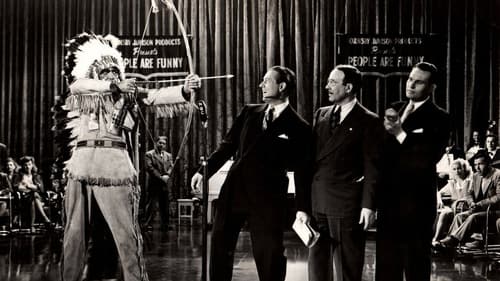
A comedy based on NBC's "People Are Funny" radio (and later television) program with Art Linkletter with a fictional story of how the program came to be on a national network from its humble beginning at a Nevada radio station. Jack Haley is a producer with only half-rights to the program while Ozzie Nelson and Helen Walker are the radio writers and supply the romance. Rudy Vallee, always able to burlesque himself intentional and, quite often, unintentional, is the owner of the sought-after sponsoring company. Frances Langford, as herself, sings "I'm in the Mood for Love" while the Vagabonds quartet (billed 12th and last) chimes in on "Angeline" and "The Old Square Dance is Back Again."

At the height of Reign of Terror Maximilien Robespierre orchestrates the trial and execution of several of his fellow leading French revolutionaries including Georges Danton.
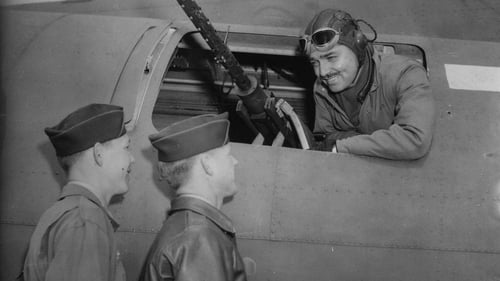
Produced in 1943 under the guidance of Army Air Force Lieutenant Clark Gable, this film follows a single 8th Air Force B-17 crew from training through a series of missions over Europe.

The lives of two women intersect.
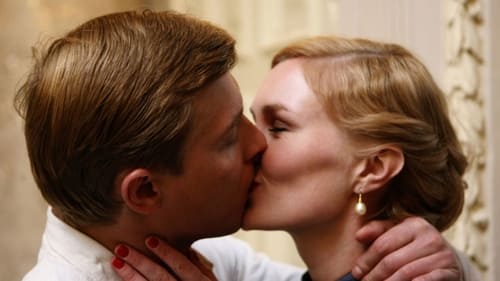
Iskyss is a strong and poetic love story based on Gunvor Galtung Haavik’s double life through 30 years. During the Cold War, she was employed by the Norwegian Ministry of Foreign Affairs, and assigned to the Norwegian Embassy in Moscow. With the information she had access to in the capacity of her position as interpreter and secretary, she frequently fed the KGB secret information.
![2+2=22 [The Alphabet]](https://moviedb.kr/index.php/image/w500/5hxLZe2Wm0kN2x4oOEHEJoQtJij.jpg)
Worn-down pavements, broken paving stones. Trees that jut out of the concrete, casting shadows on to crumbling façades. The centre of Tbilisi in the summer of 2013. Glimpses of side and main streets, over railings and under balconies, of an architectural cacophony. The voiceover spoken by Natja Brunckhorst reflects on the nature of streets and public spaces.

The film is set in Lisbon, and tells the story of a day in the life of Rita and Paulo, a Portuguese young couple of the 90's. The fast changing city around them makes them wish to break with all traditions and live the day the get married (only civil marriage) like it is an ordinary day.

The City of the Dead, in Cairo, is the biggest necropolis in the world. One million inhabitants live there: in the tomb houses or in the buildings that have grown up around the tombs. We can find bakeries, coffee shops, markets, school for the children, mechanics for the cars. Everything inside the cemetery. The City of the Dead is gigantic but it feels like a small village. Mothers want to marry their daughters, boys keep chasing the girls. These things never change. It doesn't matter if you live in a big city, in a village or in a cemetery.
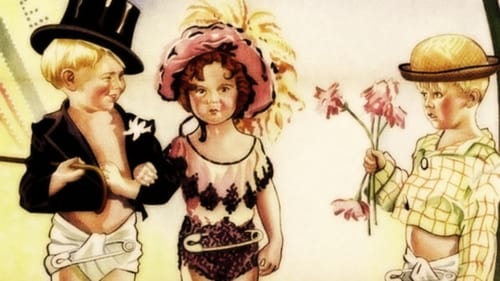
A girl has to decide who to marry: a poor country boy or a rich nightclub owner.
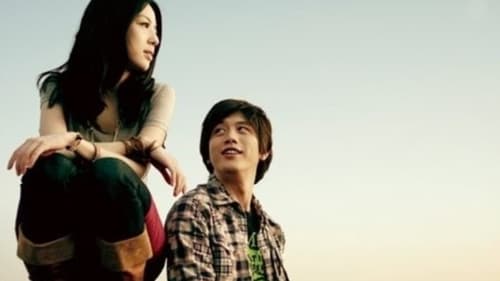
Moody, atmospheric ghost story starring Mason as a retired tradesman who purchases an old mansion that has been vacant for 40 years because it is believed to be haunted by the spirit of a young woman who had died there. Unaware of the mansion's reputation, Mason and his wife Mullen move in and hire a young woman, Lockwood, to keep house. Soon after Lockwood's arrival, strange things begin to happen in the household, and it becomes apparent that she is possessed by the spirit of the dead girl, though Mason scoffs at the idea. On death's door and bedridden, Lockwood asks for the same doctor who treated the woman who died 40 years ago. He arrives and treats her. The next morning Lockwood is cured, and it is revealed by the police that the doctor's dead body was found in his carriage hours before the time Mason claims he arrived to see Lockwood. Convinced that not only the ghost of the girl but that of the doctor as well entered his home, Mason finally believes in the supernatural.
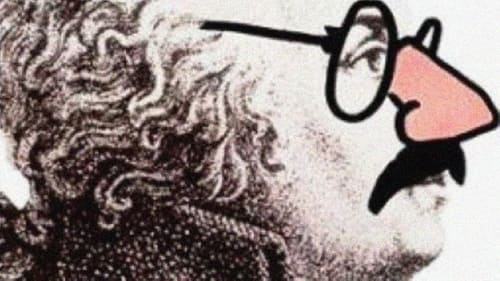
Letters, Riddles and Writs is a one act opera for television by Michael Nyman broadcast in 1991.
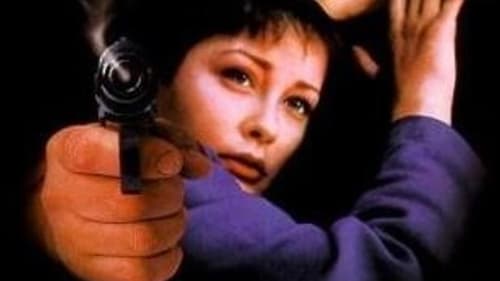
A loving couple struggle to fend for themselves in modern day Los Angeles, One a loner and down and out, the other a lonely but hardworking secretary. Eventually, as cracks form in their passionate relationship, they resort to robbing an aging actress for money.

This is not merely another film about cinema history; it is a film about the love of cinema, a journey of discovery through over a century of German film history. Ten people working in film today remember their favourite films of yesteryear.

This film tries to make a silent record of the arrival of an economy of scale, its flows, and its effects upon the transformation of an island’s physical and human landscape.

The story of the Dassau family, a family of artists: Frau Dassau is a composer, her husband is a writer, and their children are equally gifted as painters, poets and musicians. But unfortunately, no one wants to invest money in their art. The family is about to starve when Nicole comes up with a marvelous idea: She is going to write the "most scandalous book", the sex memoirs of a teenager. For this, she hides under the pseudonym of Eva. The book becomes an enormous success indeed, but Nicole's parents are decent people, and the public interest in their sluttish daughter begins to bother them. Things begin to get even more unpleasant when Nicole falls in love with an American publisher who'd prefer a virgin…

Bafiokadié and his sister Téné leave their village in Africa to find their lost blue bird before the day is over, but they find much more along the way. Loosely based on a stage play by Maurice Maeterlinck.

Four nights in Caracas. A documentary essay about chaos and civilization.

"[...] Looking back, I now feel that I understand that the film was my response to the two entities, Man and Nature competing for space in the local vicinity where I lived, ergo layers of images and sounds compete for attention in the film. Where fields used to be, they were being replaced with factories, power stations, and wind farms. My film is an irresolution. Are any of these things beneficial enough to be warranted? Isn't it all a folly? I don't know. It is not a negative film, nor a positive one. Just a comment. A comment that my subconscious commanded me to make; inspired by the locations that I passed... and the locations that have passed. At the end of the film, a human hand reaches out, as if trying to find a resolution, a reason for anything and everything - but everything, even the nature seems so fake now, like trying to feel the flesh of a mere projection..." - Scott Barley







![2+2=22 [The Alphabet]](https://moviedb.kr/index.php/image/w500/5hxLZe2Wm0kN2x4oOEHEJoQtJij.jpg)





